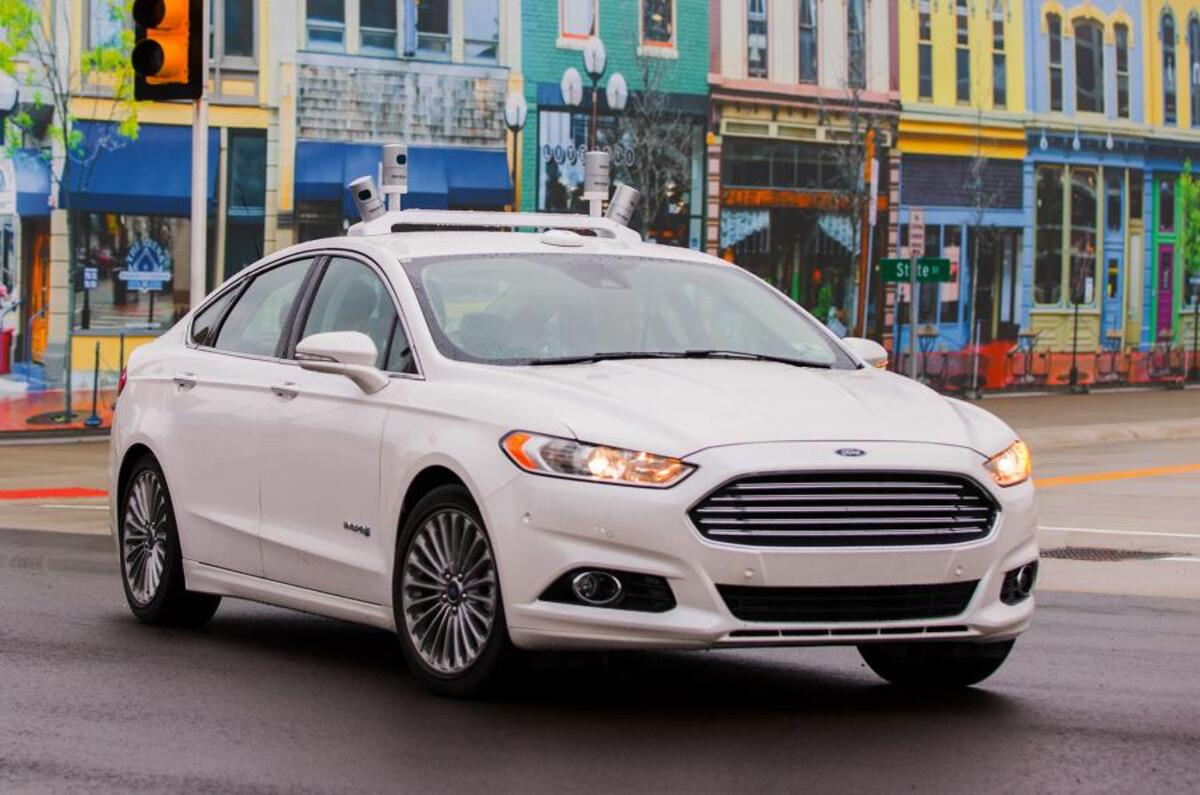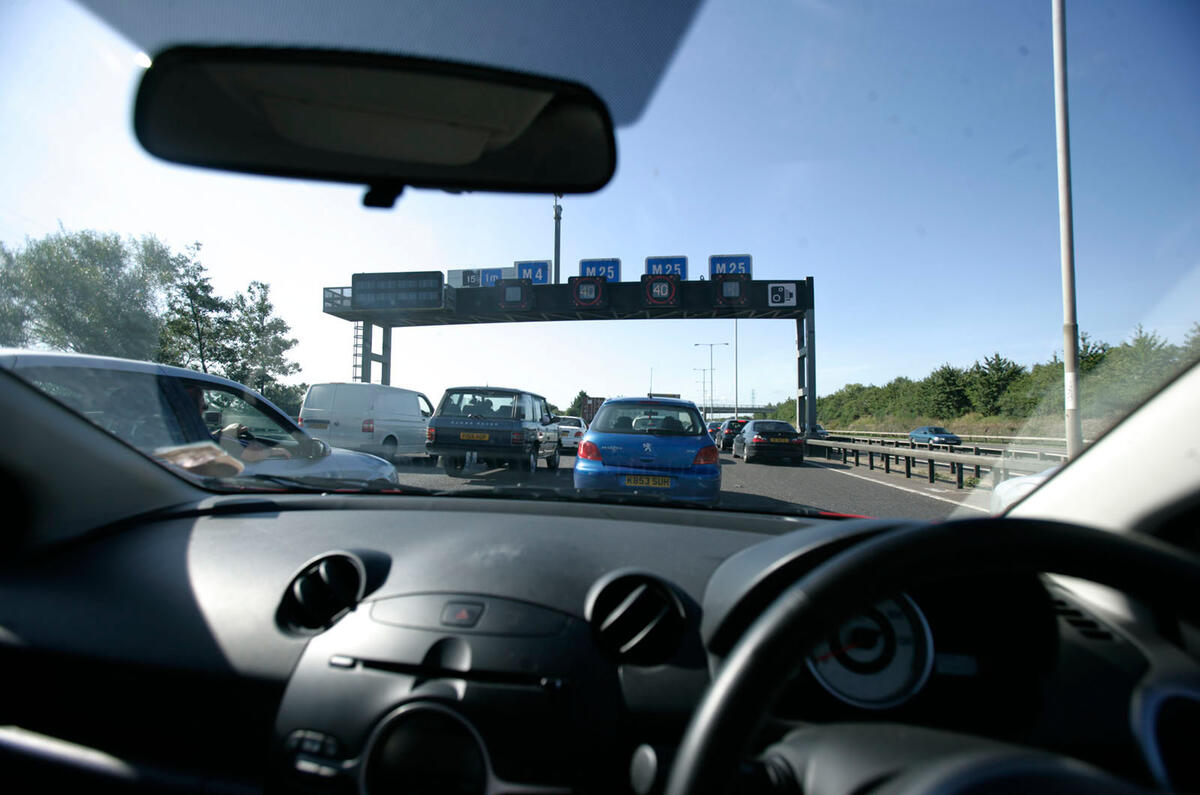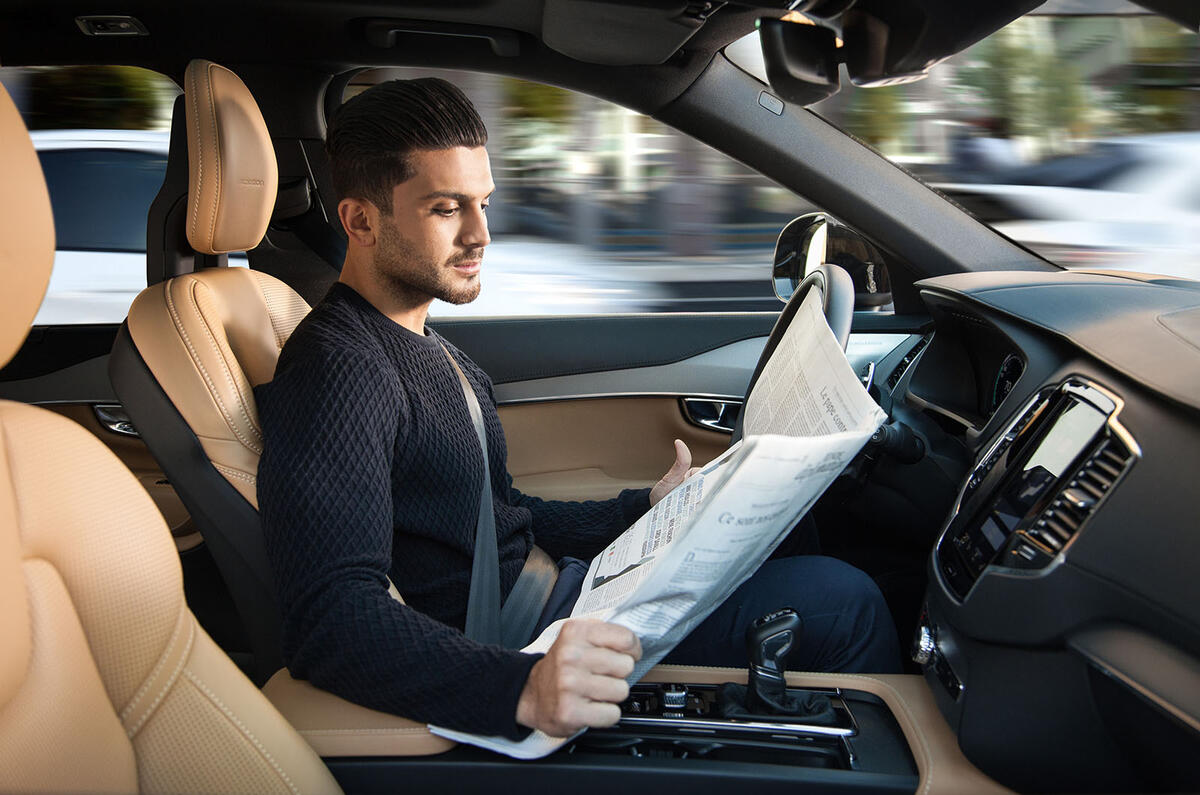UK roads will be used to trial new radar and wireless information technology, as well as being used to test and develop autonomous vehicles by 2017.
The new plan, unveiled by Highways England, will cost £150 million and plans to harness the latest and emerging technology to keep the UK’s roads running smoothly.
Under the scheme, radar technology will be trailed at the Hindhead Tunnel in Surrey. The system would continually monitor traffic and notify control centres “within seconds” of a breakdown being detected.
Specially adapted vehicles will also be able to receive wireless travel updates on the motorway. A trial section of road on the A2/M2 between London and Kent will be used to trial the technology, which would send journey information – including any upcoming traffic jams or accidents – wirelessly to vehicles. The technology could also suggest that cars take an alternative route or change lanes.
Existing A-roads will also receive more modern junctions with more emergency refuge points and maintenance areas. The plan calls for these roads to be turned into ‘expressways’ which will “encourage more free-flowing traffic”.
The government will also look at ways of improving existing junctions, including using different traffic light patterns depending on the time of day, and using sensors to provide better information on the condition of roads, bridges and tunnels.
Highways England has also committed to creating a new Test and Innovation Centre, which will focus on pioneering new research.

Autonomous cars to test on UK roads
As part of the strategy, autonomous vehicles will be tested on UK roads by the end of next year – a move which was first announced in Chancellor George Osborne’s budget in March. Highways England says it will start to collect “real-world data on performance and potential impacts on capacity and operations” ahead of the tests.
Announcing the plan, road minister Andrew Jones said: “A more reliable road network is good news for motorists and good news for the economy. Quicker, safer roads will improve access to jobs and opportunities. Placing Britain at the forefront of innovation and research in this area will also create more jobs and investment.”
Highways England chief executive Jim O’Sullivan added: “We will work with our partners in the supply chain, technology specialists and the automotive industry to trial new technologies that will help make journeys on our roads safer, more reliable and better informed.





Join the debate
Add your comment
Waze
Waze already does all of the above, apart from the lane changes, with technology that most people already have and use - GPS and wireless internet.
Where I live, the roads are
Have you ever driven in Holland, Germany, France or Spain, if you have, you'll understand how appalling the UK roads are. Even brand new road surfaces are bumpy and uneven !!! It's like the British road builders have no idea how to lay a smooth road surface and when they do, within a very short time, some utility company will come along and dig it all up and ruin it.
Quality control, quality roads, separate cycle paths, a rail network that is reliable for all, not expensive stupid ideas that will cost ridiculous amounts of money and only benefit the few. All the do at the moment, is waste a lot of OUR money.
How about spending the money
The government and its various agencies harp on about road safety, yet drivers are put in a position, where they have dodge around the pot holes etc. The roads where I live in Oxfordshire are atrocious, (quite a lot are nolonger fit for purpose), so it really bugs me, when there is no money to fix them, but there's £150 million to spend on a connected road trial! I know £150 million won't go far, but that just on this project!
The U.K. Road network needs a thorough overhaul and the motorist road tax, needs to be spent on fixing all the roads. So come on Autocar and the rest of the motoring press, make this a priority and shame the Goverment and local governments, into doing something about it.
A Good Use of Public Money
I think this is actually a good use of public money and an unusually forward thinking idea for Government and it's agencies. If we want to see an improvement in our roads, even if we're just talking about the surfaces, we need to take a holistic view of the network and use data to drive (no pun intended) intelligent decisions about what to fix when - hopefully, as the article said, assisting the economy and perhaps more importantly making savings.
Not new...
Forward thinking? Some elements maybe, but the stuff about traffic info is by no means new. There have been apps and some technology built into some cars for a few years now. I use Waze every day for example, and mostly manage to avoid traffic jams on my 100 mile commute.